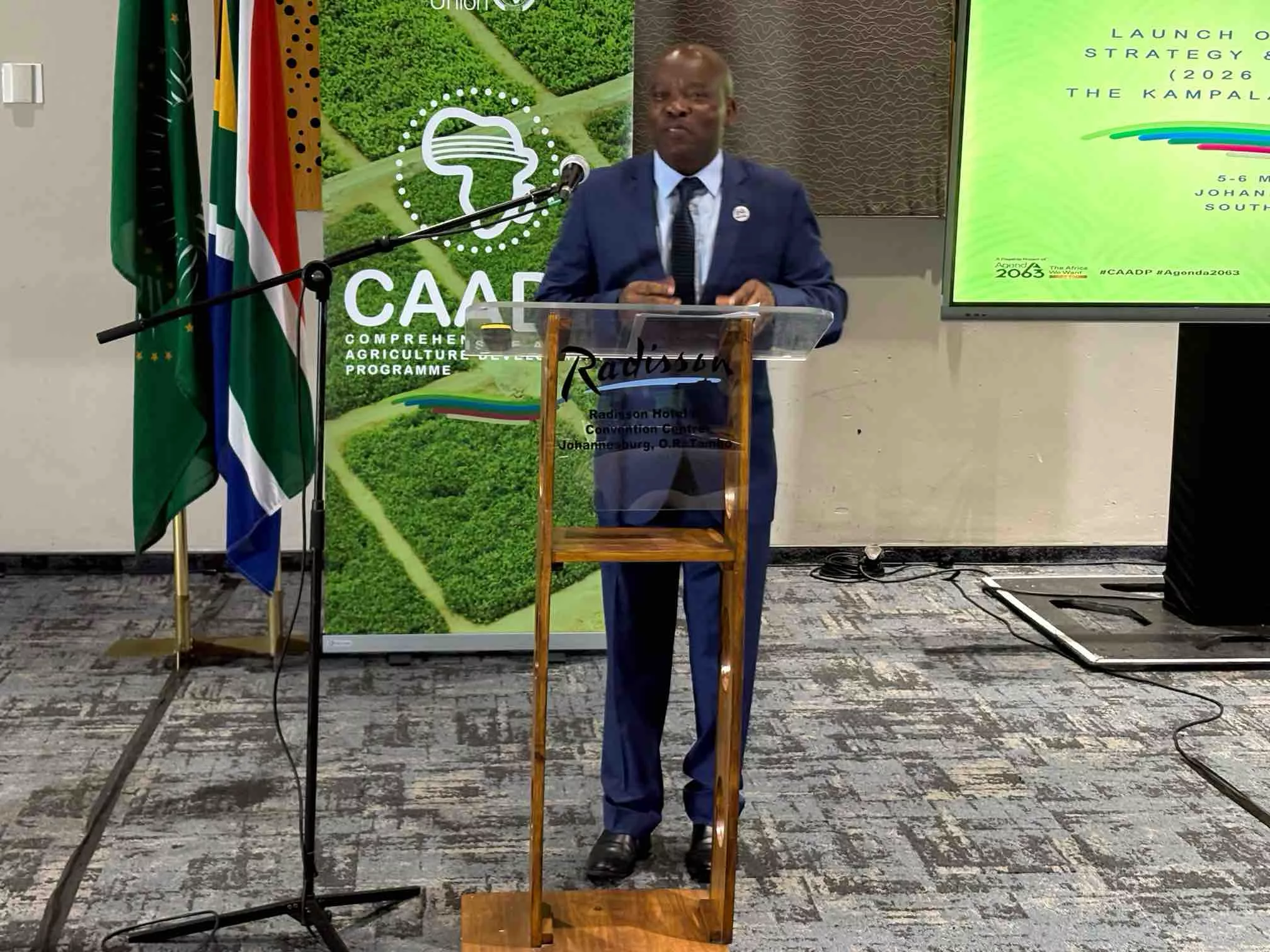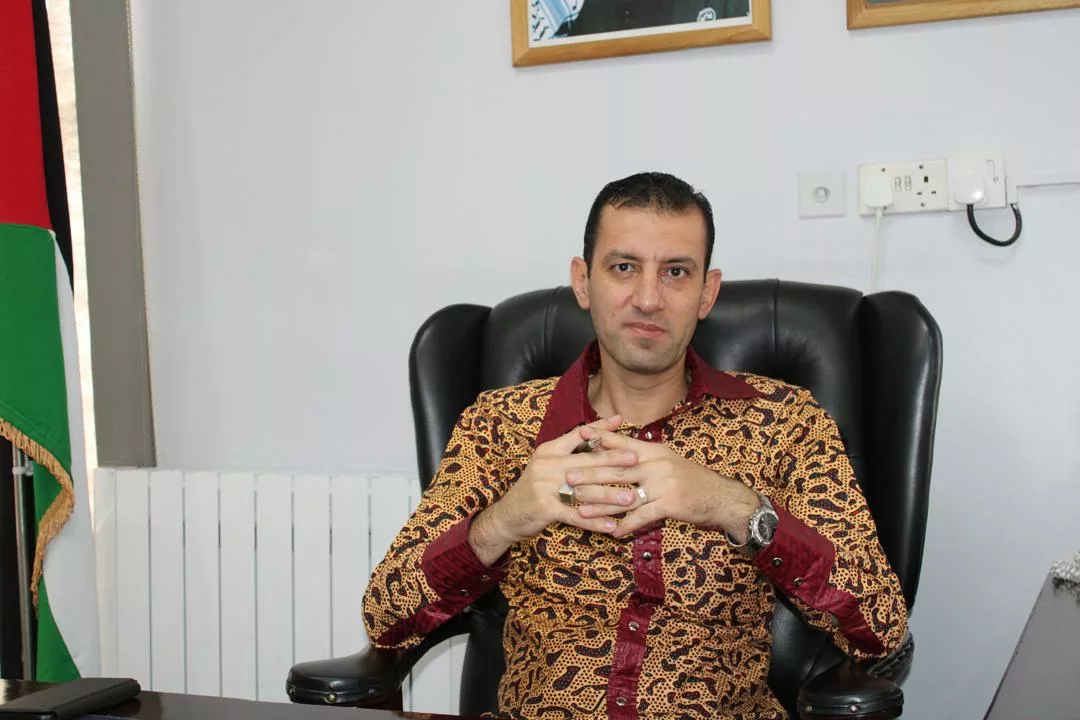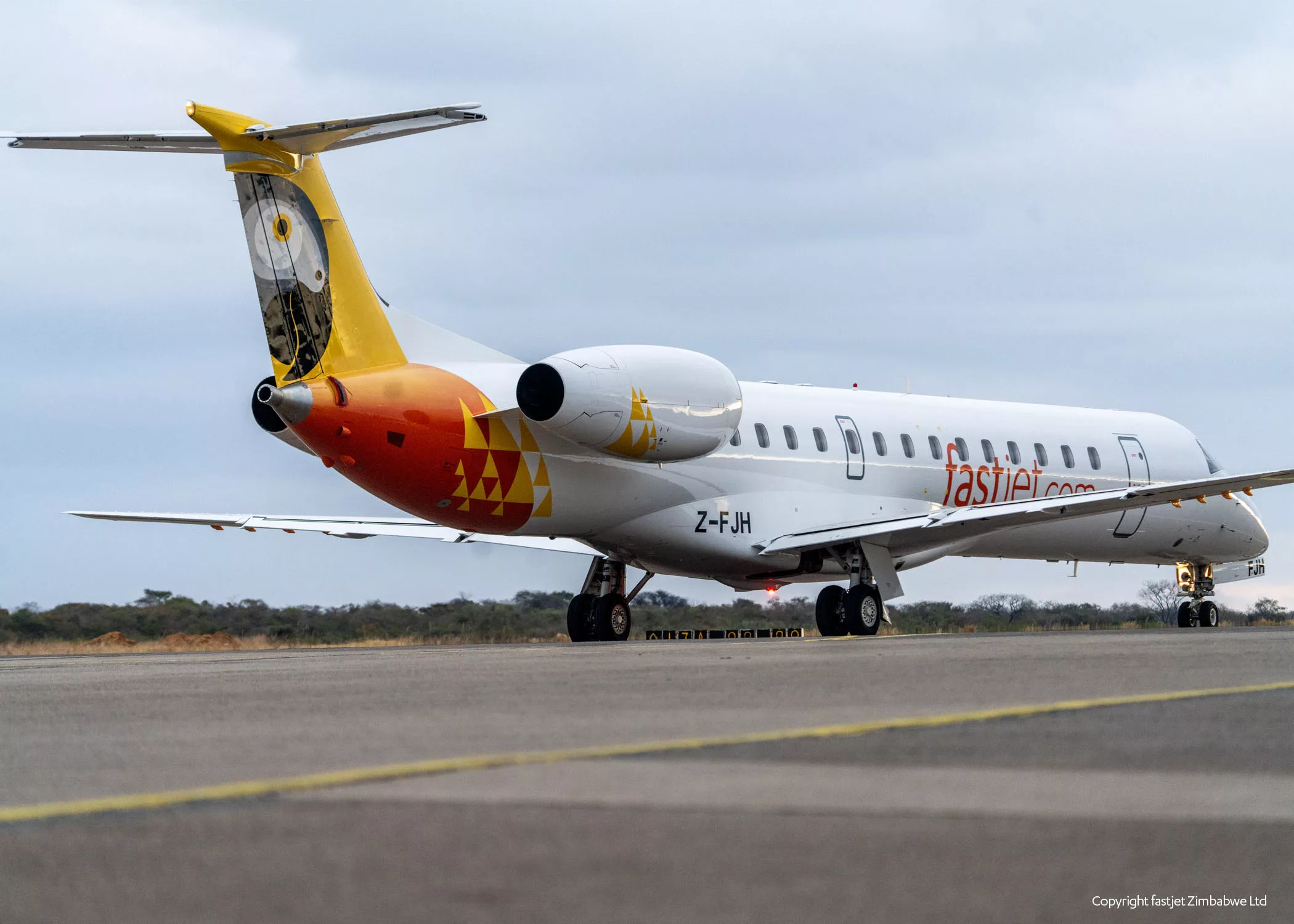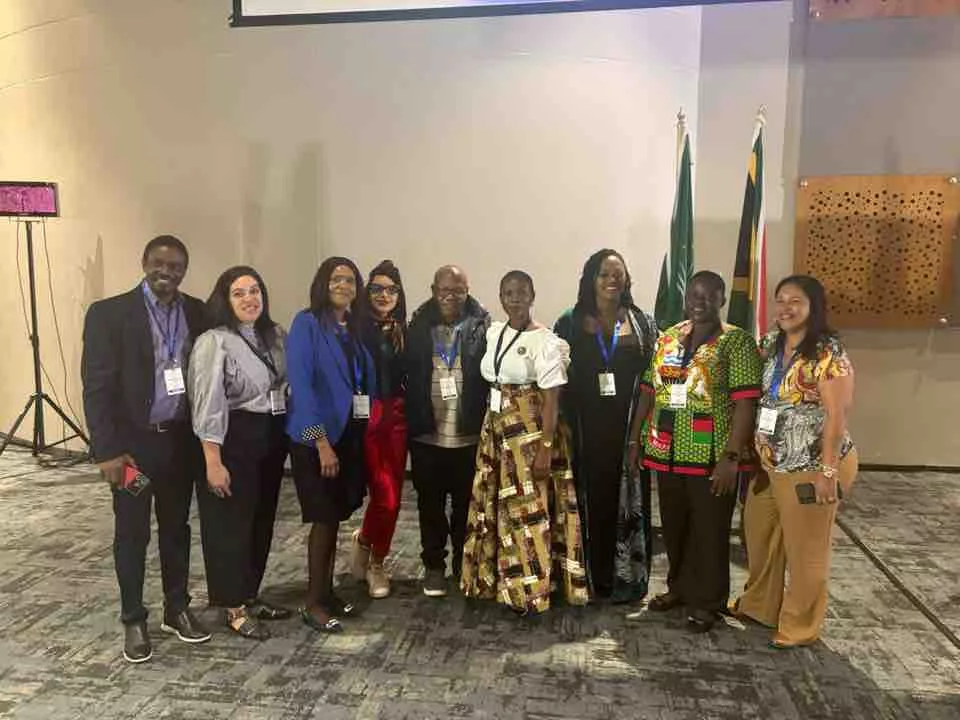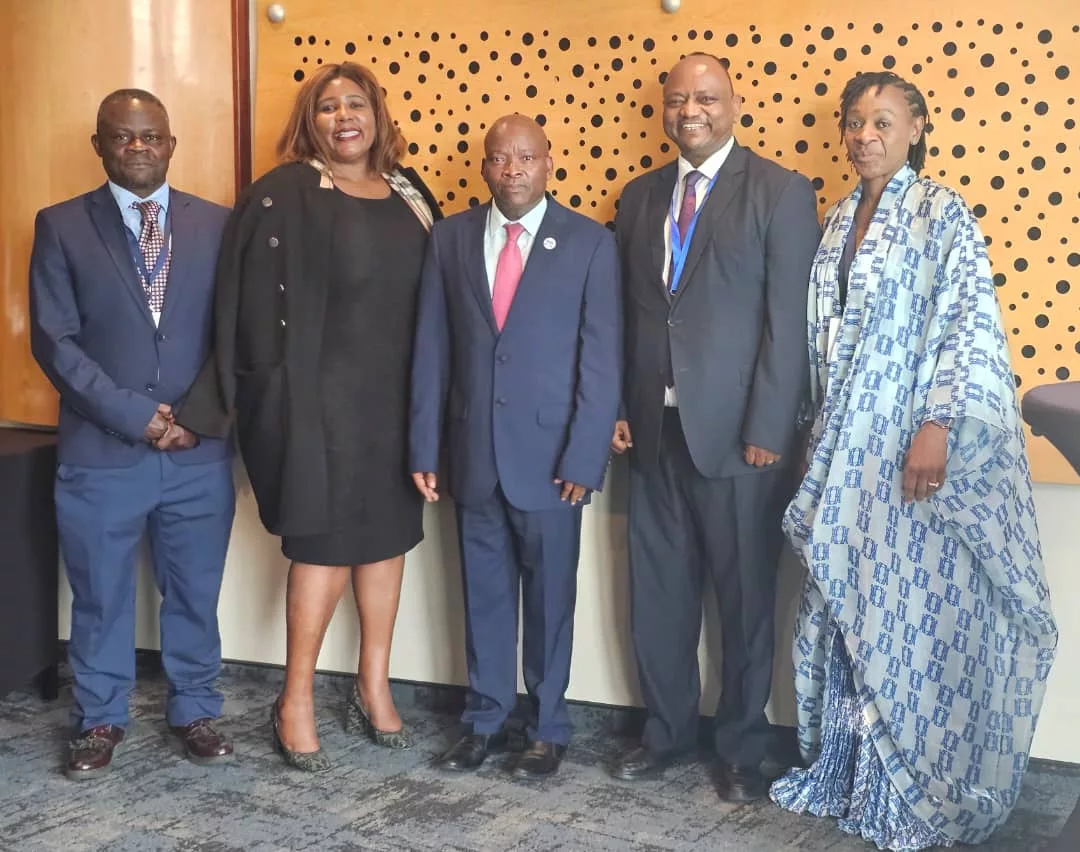The launch of the third ten-year Comprehensive Africa Agriculture Development Programme (CAADP) embodies stakeholders’ collective commitment to reshaping Africa’s agri-food systems and securing a prosperous future for all.
“We all know the journey from Maputo to where we are, and we have made significant strides in driving sustainable agricultural growth, enhancing food security, and strengthening rural economies. Yet, as we enter a new phase of action, our success depends on how effectively we translate the continental commitments into national policies.
“Up until that is done, we’ll be having serious challenges and not being able to hit the goals. And therefore, we need to look at the tangible impacts at the grassroots level. Heads of states are more concerned about impacts. What are the impacts of what we do? It’s not just about being here. We need to say how we will be impacting the grassroots. My belief has always been this, that the Kambala CAADP Declaration represents more than just a vision. It is a strategy for inclusive growth, economic empowerment, and climate-resilient agriculture,” Mr Moses Vilakati, the Commissioner for the Department of Agriculture, Rural Development, Blue Economy, and Sustainable Environment (DARBE) in the African Union Commission told delegates during the second day of the CAADP launch in Johannesburg, South Africa.
The Commissioner said CAADP domestication requires alignment with national agricultural investment plans, financial mobilization, and a renewed commitment to strengthening governance, accountability, and stakeholder engagement.
“It is not just an administrative exercise. It is the foundation upon which Africa’s agri-food transformation will thrive. Today, as we are all aware, we are gathered as policymakers, development partners, private sector leaders, and civil society champions with a shared responsibility to ensure that the CAADP Strategy and Action Plan 2026-2035 delivers this impactful change,” he added.
In a television interview on the sidelines of the CAADP launch, Mukulia Kennedy, the Principal Policy Officer of the Directorate of Agriculture and Rural Development Directorate of the African Union Commission, called on stakeholders to domestically mobilize resources to finance the development of agriculture.
“To finance agricultural development, we need the private sector to get involved. The African Union alone depends on subscriptions from member states that have economic stability in terms of the GDP. We need to look at how to have a holistic approach where everybody becomes a player in this field,” he said.
The development practitioner said trade within the African continent is at 15% while trade is at 44% outside Africa.
“This means we don’t trade among ourselves. We don’t believe in ourselves. Probably if you go to the supermarket, you will get apples that are brought from outside the continent but we have a lot of apples here. We have rice coming from Mexico. We have sugar coming from Brazil yet countries like Uganda produce a lot of sugar. We have, for instance, maize coming from Mexico but we have countries like Tanzania producing a lot of maize.
“So this brings out the issue of how do we coordinate with the African Continental Free Trade Area secretariat to increase trade amongst ourselves.
So for us to be able to trade among ourselves, then we need to open our borders. We also need to have convertible currencies,” he added.
Speaking earlier on behalf of the Secretary General of the East African Community (EAC), Hon. Veronica Nduva, David Wafula said the EAC is one of the eight regional economic communities (RECs) that are cornerstones of continental integration under the African Union. Its Partner States include Kenya, Uganda, Tanzania, Rwanda, Burundi, the Republic of South Sudan, the Democratic Republic of the Congo, and the Federal Republic of Somalia.
He said the EAC centers its regional integration agenda around a people-centered, private sector-led approach, positioning agriculture as the engine for economic growth and transformation. In the EAC, Agriculture contributes 25–40% of GDP, employs over 80% of the population, and accounts for 65% of intra-regional trade. Furthermore, 70% of its industries are agro-based.
The Malabo Declaration (CAADP’s second generation) institutionalized robust mechanisms like the Biennial Review, enhancing accountability and transparency. Africa is the only continent in the world with this kind of robust framework.
In March this year, the EAC Secretariat, with support from AGRA, conducted a Joint Sector Review (JSR) aligned with a commitment to mutual accountability under the Regional Agriculture Investment Plan (RAIP). This review placed a special focus on youth and women in agrifood systems, recognizing their pivotal role in agricultural transformation.
“As we celebrate progress, we must confront prevailing and emerging challenges. The implementation of the Kampala CAADP Strategy and Action Plan demands renewed political will, innovative financing, and partnerships. As EAC, we stand at the forefront of this transformation and are committed to playing a leading role in implementation.
“The third generation of CAADP reminds us that agricultural transformation is not a choice—it is a necessity. Let us embrace the Kampala CAADP Strategy and Action Plan for the next decade as another opportunity to turn our desired collective vision into reality. Strengthening agrifood systems is critical for unlocking shared prosperity, inclusive growth, and sustainable development as underscored under Agenda 2063 of the African Union,” Wafula said.


